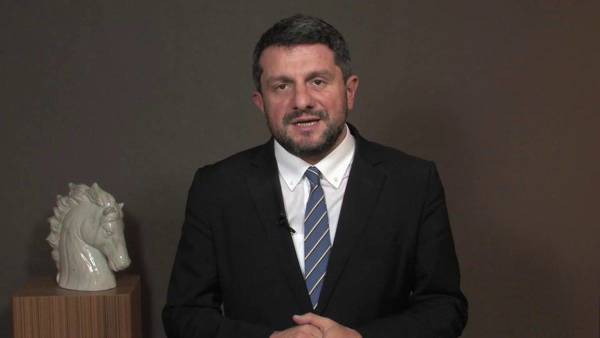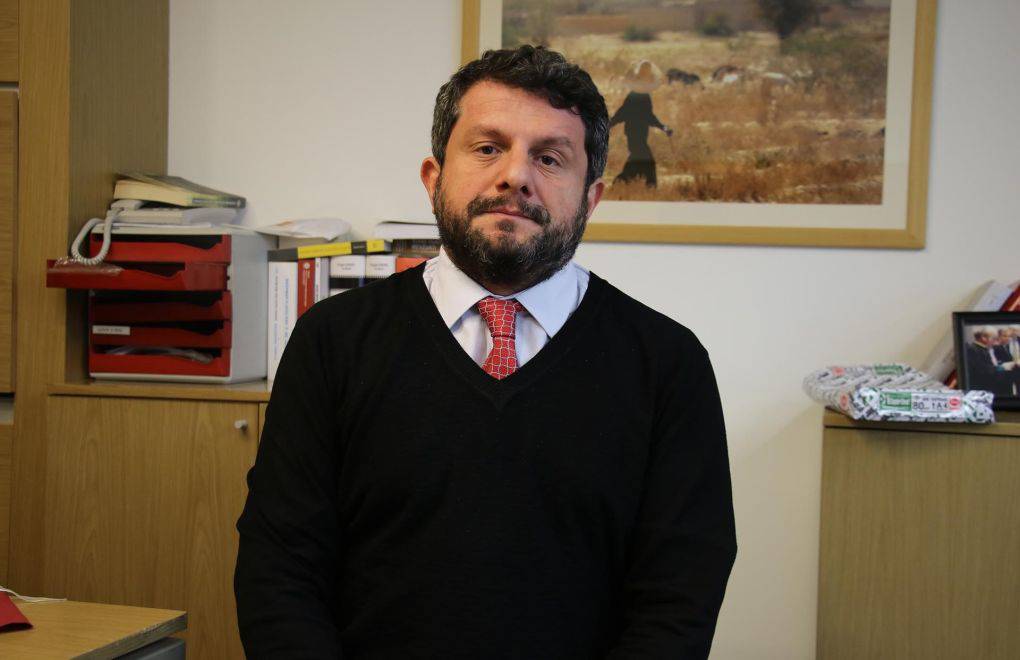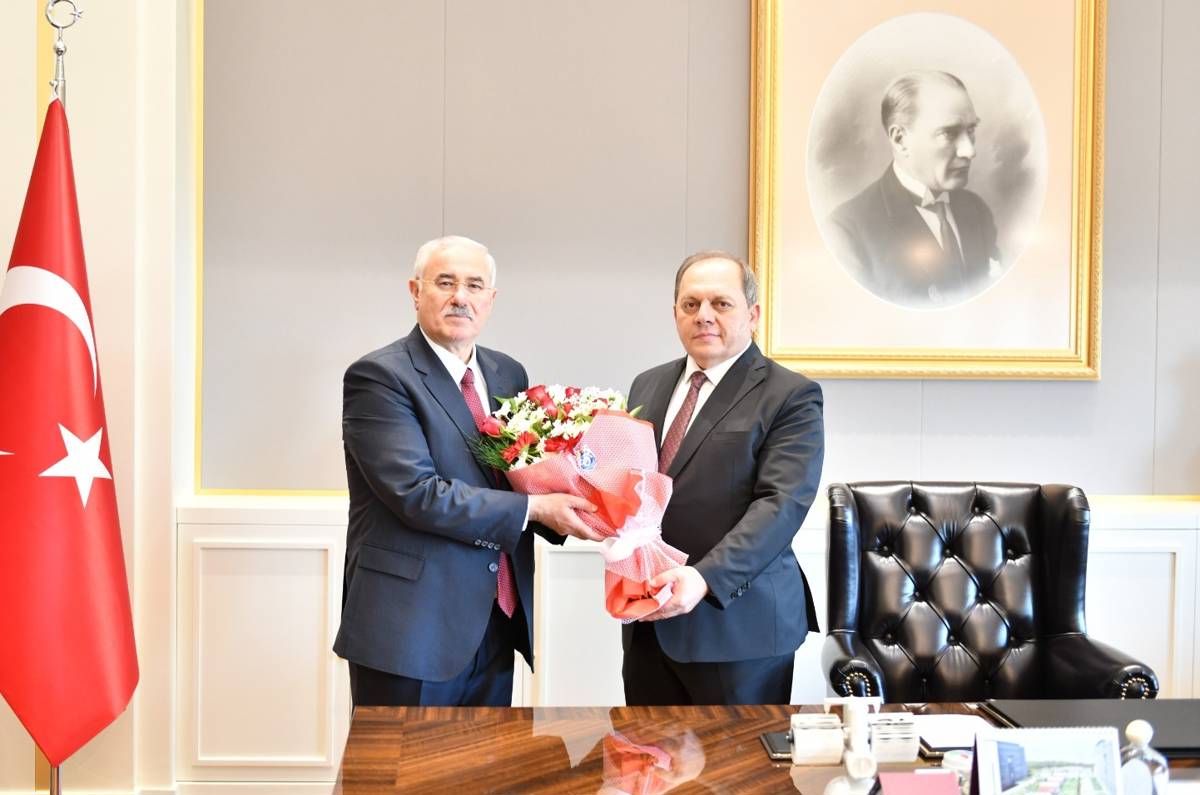The Court of Cassation has elected a new president after an unprecedented 37 rounds of voting. The election concluded today, marking the end of a prolonged process that began on March 25, following the completion of the former president Mehmet Akarca's four-year term.
The decisive 37th round saw Ömer Kerkez, the head of the court’s 3rd Civil Chamber, secure the presidency with 193 votes out of 348 members. His closest competitor, the incumbent Mehmet Akarca, received 103 votes. The election witnessed a turnout of 324 members, with 20 votes invalidated and 8 left blank.
The protracted election process was marked by the inability of any candidate to achieve the absolute majority required in the first 36 rounds. The situation was further complicated when Muhsin Şentürk, head of the 3rd Penal Chamber, withdrew his candidacy before the 36th round, amid speculations of political influences favoring Akarca.
Justice Minister Yılmaz Tunç extended his congratulations to Kerkez through social media, expressing his best wishes for the new term and gratitude towards Akarca for his services.
A power struggle
Media reports suggest that the prolonged election was not merely due to technical issues, but rather stemmed from an underlying power struggle.
Ömer Faruk Eminağaoğlu, a former Court of Cassation judge and prosecutor, commented, "The election has turned into a contest within the Court of Cassation over who will wield the existing power. The deadlock is broken, but the Court of Cassation did not emerge as the winner."
"The candidates in this election lacked significant contributions or achievements in the judicial field that would stand out; their knowledge and experience did not come to the forefront. The discussion was dominated by how much support the candidates received from various power centers,” he told ANKA news agency. “Ultimately, the election became about who within the same influential group in the Court of Cassation would control that power.”
The Court of Cassation has been in the spotlight more than once recently. In late 2023, an unprecedented crisis erupted between the Court of Cassation and the Constitutional Court over the case of MP-elect Can Atalay, who is serving his sentence in the Gezi Park case.
Despite two rulings by the Constitutional Court that the refusal to release Atalay violated his rights, the local court chose not to release him but instead referred the case to the Court of Cassation. The Court of Cassation then openly defied the highest court in the country, issuing a ruling laden with substantial criticism towards it.
While President Recep Tayyip Erdoğan remained neutral, declaring himself an arbitrator between the two high courts, his ally, MHP leader Devlet Bahçeli, explicitly backed the Court of Cassation.
Eventually, Atalay was stripped of his MP status despite the ruling of the country's top court.

Turkey faces judicial crisis as high courts clash over jailed MP

Court of Cassation: 'Constitutional Court's violation decision for Atalay has no legal value'
(VC/VK)






